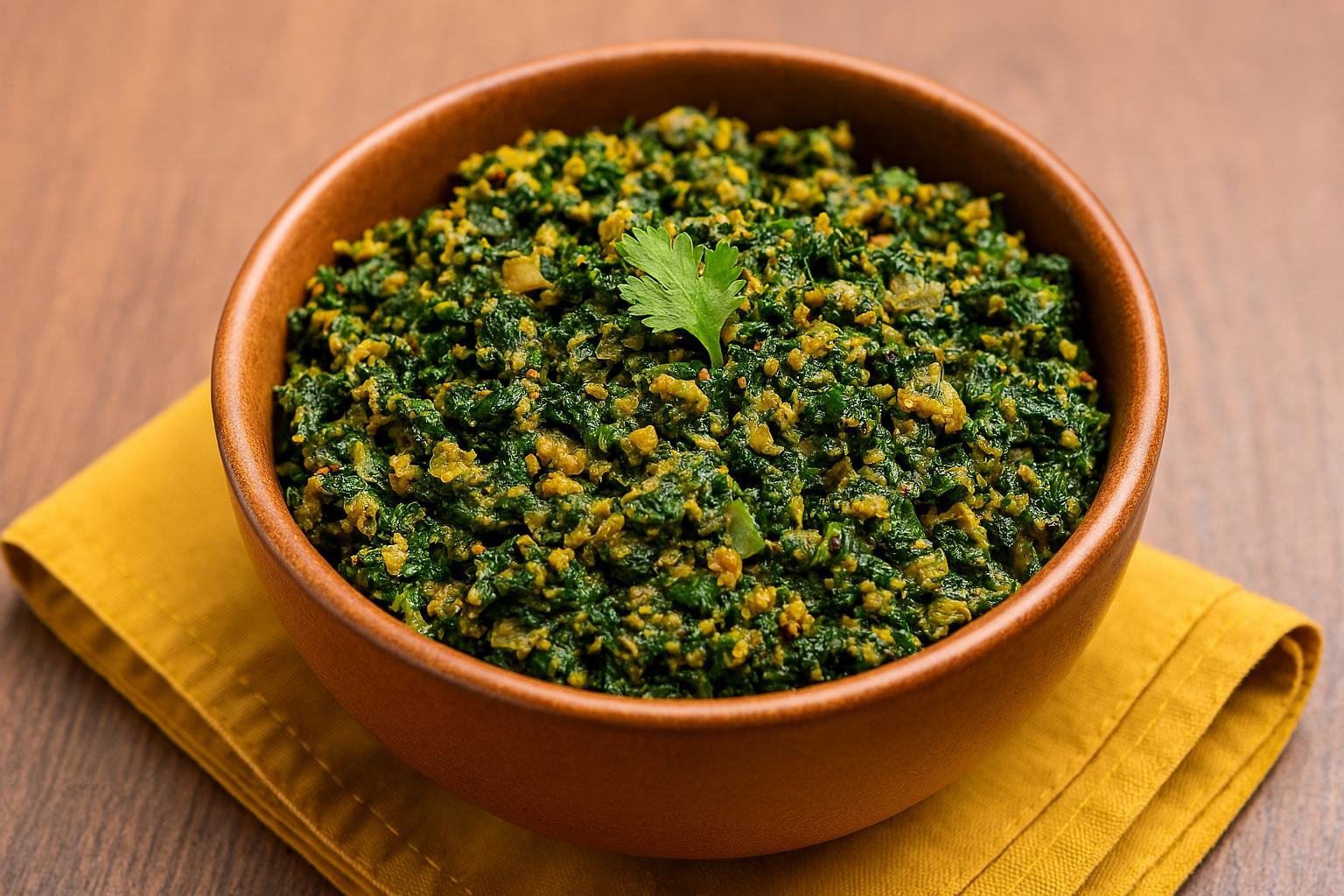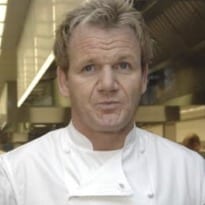So they are presumably raising a toast at the news that Gordon Ramsay at the London, the chef's flagship restaurant in a swanky Manhattan hotel, has lost its two Michelin stars. In a report on Bloomberg.com, Michelin guide director Michael Ellis spoke of getting "some very erratic meals" and having "issues with consistency, and consistency is a huge thing for us." As it should be for ordinary diners too, who are paying their own money for an expensive meal.
Regular diners will know that it doesn't matter whether the famous chef is actually in the kitchen. What matters is whether they have trained their staff to deliver the goods. One famous chef quotes another as saying: "If your kitchen doesn't run as well without you as with you, you're not the man for the job." The chef doing the quoting is Jason Atherton, of Pollen Street Social (and a growing clutch of other restaurants). And the chef he's quoting - no prizes for guessing - is his original mentor, Gordon Ramsay.
This disparity between what Ramsay knows and what he does strikes me as being at the core of his slightly tragic story. He just can't stop trying to build a massive empire even when well-reported business and family travails suggest that slowing down might be a good idea. In certain parts of his empire, everything runs beautifully. Ramsay's flagship London restaurant retains its three Michelin stars year after year, and the lunches I have had there have been consistently flawless in every respect. But move away from the jewel in the crown, and things don't look so sparkly. At one of his other London restaurants, earlier this year I was shocked by the huge prices being charged for woefully inconsistent food and terrible service. If Ramsay had gone in to inspect the place for one of his TV shows, the air would have turned blue.
Those TV outings may cause Ramsay his public-image problems. It's not just the effing and blinding. It's the open invitation to uncover his own failings. If you go on TV as the self-proclaimed upholder of high standards in catering, you'd better make sure that your own restaurants uphold them too. No one loves someone who preaches one thing while practising another.
Ramsay doesn't let this kind of thing go on in his own restaurants because he's a hypocrite. It happens because he has too much to do - too many restaurants and bars, too many TV series and spinoff books. There seems to be something in his character that makes it impossible to focus on relatively modest goals.
In this sense, we should grant Ramsay something closer to pity than to scorn. Don't forget that he is one of the greatest chefs this country has produced, and someone who has nurtured many of the finest culinary talents of the younger generation - not just Jason Atherton but Angela Hartnett, Marcus Wareing, and Mark Sergeant. He is one of the most important figures in the elevation of Britain to world-class standards of gastronomy.
Being stripped of two Michelin stars in a single swoop is not just relegation, it's humiliation. Chefs work bloody hard to get those stars, and having them taken away - being thrown down into the vast generality of places that merit no special distinction - is galling. It follows the closure last June of his restaurant in Claridge's, and the less than rapturous reception given to his newest venture, the Union Street Cafe in Southwark.
So, even if the anti-Ramsay brigade will be cheering, I am not. This is a man of prodigious talent and energy who lets his ambitions overreach his capacity for running his huge operation. But it won't necessarily spell ruination for him. He still has a couple of dozen restaurants, with seven Michelin stars between them. That's not as many as there were a couple of days ago, but with a little more command and control, and a little less attention given to the TV studios, he can turn things around. And I hope he does.
Photo: Gordon Ramsay: 'some very erratic meals' at his Manhattan restaurant. Photograph: Brad Barket/Getty Images







